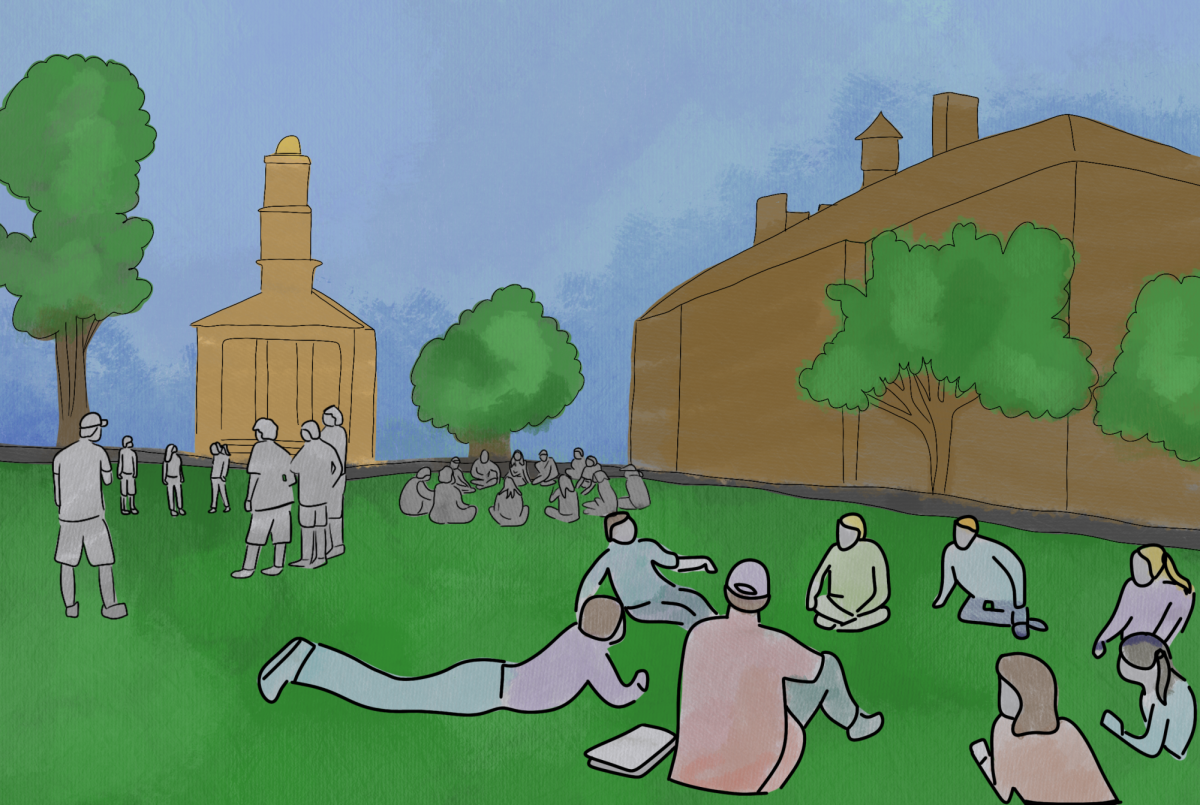As college students, we often wonder how we can make a change on campus. Is it by taking on a multitude of leadership roles? Is it by joining the dining advisory committee? While these are all possible methods of change, I believe one of the most effective ways of inspiring discussion on campus is through student journalism. It is the epitome of a college education, where more is learned from discussions with one’s peers than from reading a textbook. The best part of these discussions is the different perspectives students take on an issue — that’s right, disagreement can be a good thing. We come to college to learn — how are we to do that if we close our minds to any opinion that contradicts our own? Student journalism sparks discussions that can push the campus community to take steps towards change, but only if the campus environment is conducive to disagreement.
I realize that “student journalism can inspire change” is a rather broad statement to make. It has happened before, though — investigative journalism has led to changes at large institutions. Student journalism led to the resignation of the president at Stanford University and the firing of Northwestern’s football coach. The work of student journalists can truly hold people accountable. Research has also found how student journalism becomes a beacon for the community in times of crisis. When the pandemic began in 2020, student papers reported a dramatic rise in pageviews, with a rise of 84 percent at the University of Idaho and 32 percent at the University of Wisconsin-Oshkosh. The duty of these campus papers is to keep students informed on what is happening on campus — and that is exactly what they did when most of the world became unpredictable. These statistics also highlight how student journalism makes change when students read it. Sure, I can write my ’Gate Take, but nothing will change unless people read it and decide they agree — and that we should do something about it. Criticism is not something to shy away from. For example, Northwestern’s paper saw a 40 percent increase in page traffic after publishing their football exposé. While publicity is great, this statistic shows that students want to be informed about their campus. Northwestern created a space where student journalists could express dissenting opinions and still feel supported by the campus community.
This brings me to my most important point: If we want to make change on campus, we must give student journalists the space to critique the campus community safely. If any piece that slightly contradicts popular opinion is slammed across campus, will students ever feel like there is space to share their opinions? Opinions are just that — opinions. It is an expression of one’s feelings, and one of the greatest parts of college is being exposed to a range of beliefs. Not everyone is going to agree with you, and it is important to learn how to discuss these differences productively.
We live in a world that seems to grow more polarized by the day. Despite that, a recent study showed that lawmakers who work across the aisle are more successful at lawmaking. This goes to show that when we open our minds to opinions that differ from ours, the final solution will take multiple perspectives into account, becoming more impactful overall. Taking a moment to pause and begin a dialogue with someone who disagrees with you, instead of jumping onto the defensive, provides more of a chance to learn from one another. College is meant for expanding our minds, not only from our professors but from our classmates as well, and student journalism is one of the best ways to find a large range of opinions and open these dialogues.
Student journalism can be a vessel for campus change. But in order for change to be enacted, there must be the space to disagree first. If students cannot accept a difference of opinion on campus, student journalists will never have the space to contradict commonly accepted standards. We must have the space to differ before we feel safe to criticize. So, to answer my question from before: How can we create change on campus? By reading and — more importantly — supporting all forms of student journalism.
















